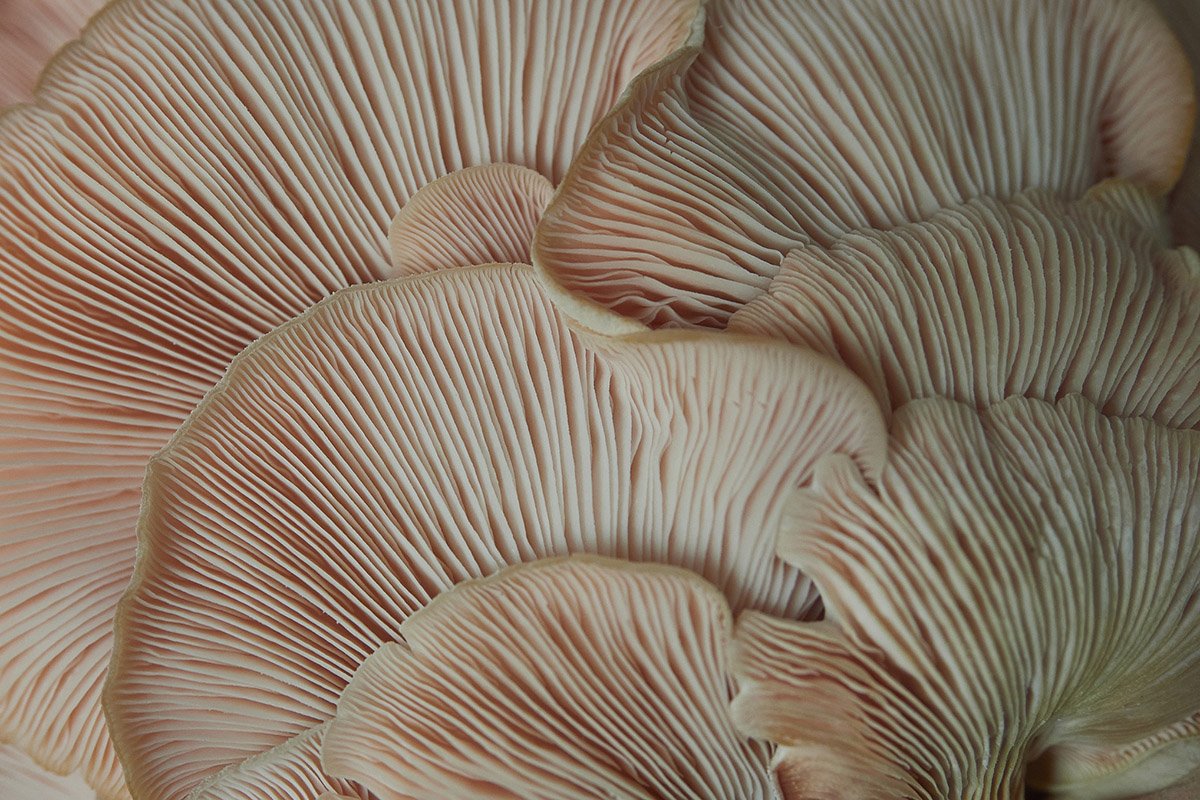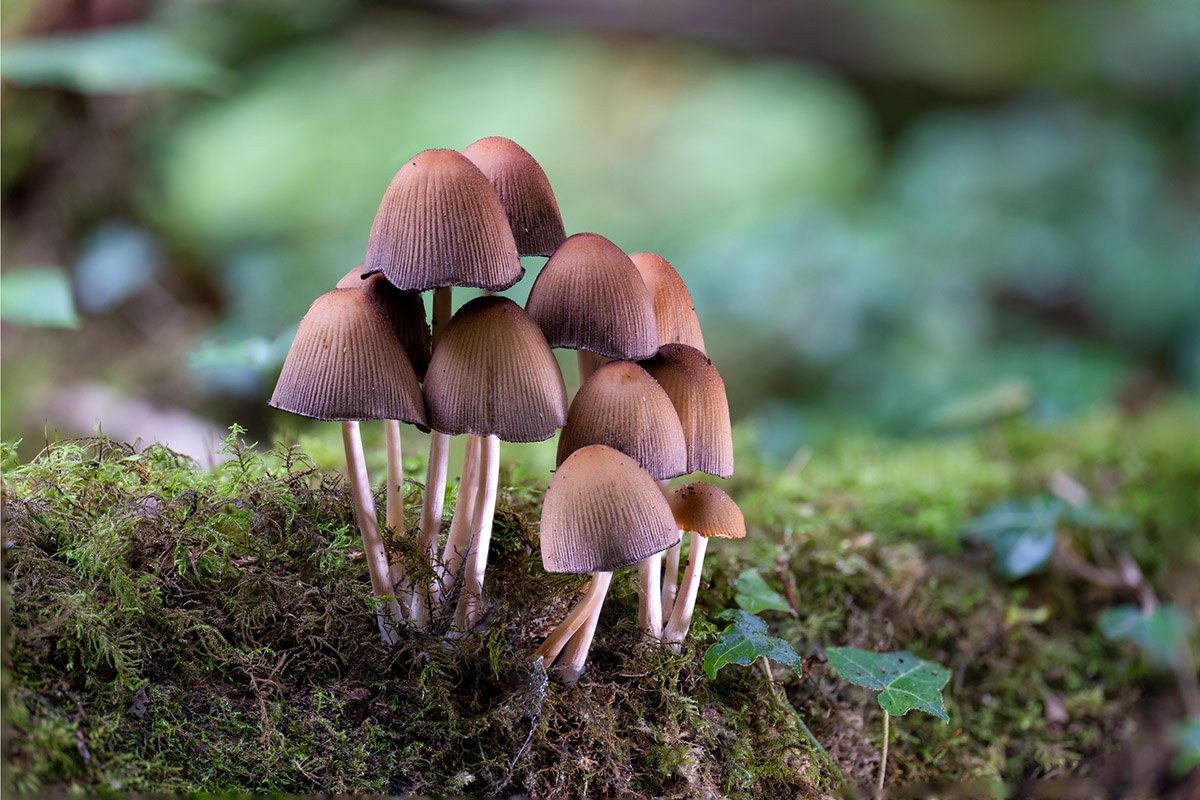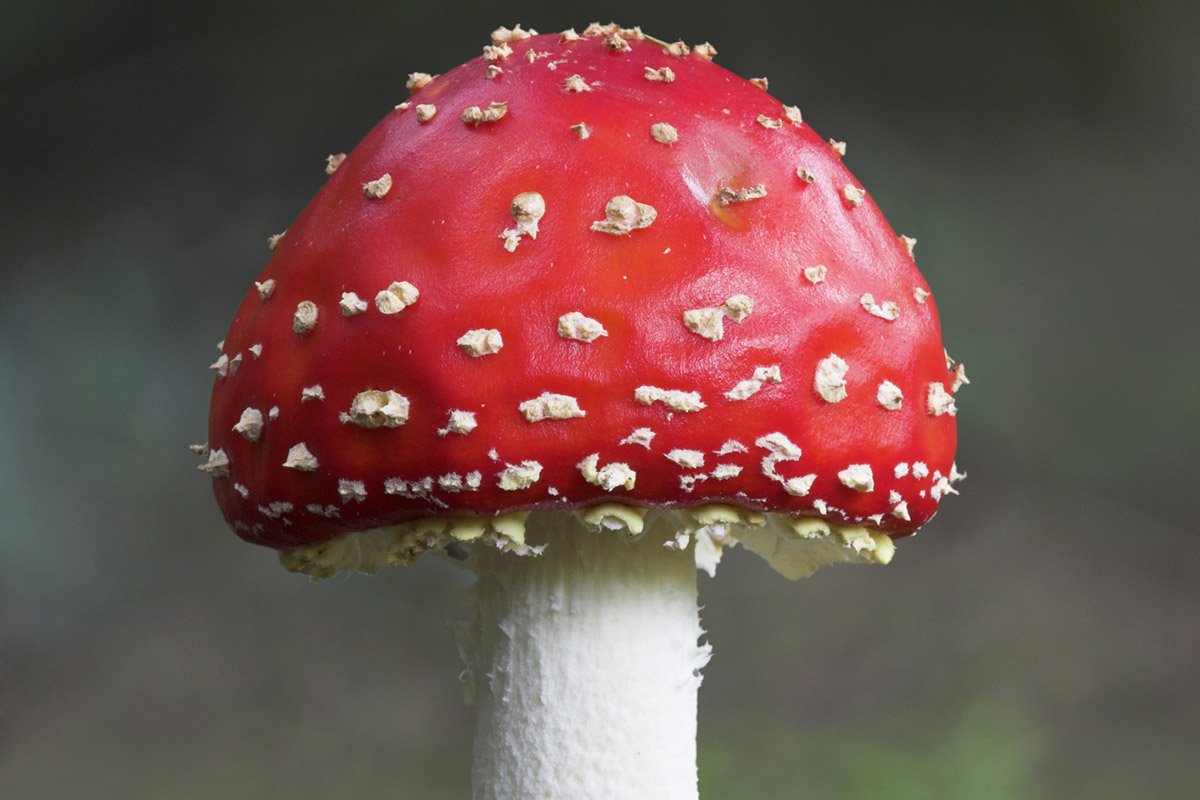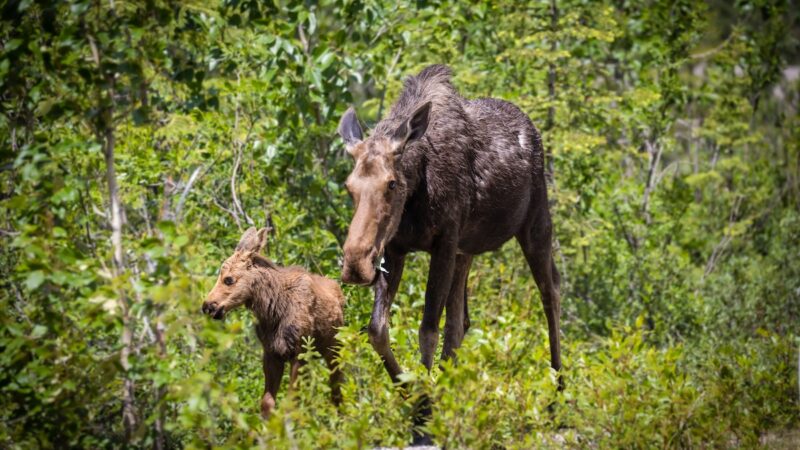7 Things You Didn’t Know About Mushrooms
Most people love a good mushroom—from a killer portobello sandwich to a cream sauce with chanterelles—or, maybe your type of mushroom is more like those you might find at Burning Man. Either way, mushrooms are fascinating organisms, and even if you fancy yourself a mushroom expert, you probably won’t know all of these things about mushrooms.
Keep reading to discover lesser-known and weird facts about mushrooms.
They’re Not Plants
Mushrooms are fungi and not plants. They might look like plants and have plant-like characteristics, but fungi are in a league of their own. Surprisingly, fungi are more like animals than plants, and they share a common ancestor with animals. Some researchers refer to fungi and animal kingdoms as “sister kingdoms.”
They Are the Largest Living Organisms on Earth

Mushrooms can form massive underground networks called mycelium. Some mycelium networks can cover vast areas and are considered the largest living organisms on Earth. The Armillaria ostoyae, also known as the “humongous fungus,” covers over 2,385 acres (almost 4 square miles) in Oregon’s Malheur National Forest.
They’re Older Than Dinosaurs
Fossil evidence suggests that mushrooms have been on Earth for at least 1 billion years, making them one of the oldest groups of living organisms on the planet.
They Can ‘Talk’ on the ‘Wood Wide Web’

Some fungi have a complex underground network dubbed the “wood wide web” where they communicate and exchange nutrients with nearby plants. This symbiotic relationship is known as mycorrhizal association, and it plays a vital role in the health and survival of many plant species—plus, it facilitates mushroom gossip.
They Can Use Mind Control to Create ‘Zombie’ Ants
The Ophiocordyceps unilateralis fungus is a parasitic species of mushroom. When it infects ants, it takes control of their nervous system, and can make them do their bidding. When the fungus kills the ant, a stalk-like structure bursts from its head, releasing spores to infect other ants below. This “zombification” ensures the fungus’s spores will spread and infect more ants.
Santa Claus Might’ve Been Made Up While on Shrooms

Some researchers and historians believe that the concept of Santa Claus may be linked to the use of hallucinogenic mushrooms. In particular, the Amanita muscaria, a red-and-white mushroom with a distinctive appearance, is associated with certain winter solstice rituals in Northern Europe. The mushroom’s colors and its connection to altered states of consciousness have led to speculation about its influence on the modern-day depiction of Santa Claus.
Mushroom Sex Isn’t Binary
In some mushroom species, instead of typical male and female reproductive structures, mushrooms have thousands of different mating types that need to pair up to reproduce. When two compatible mating types encounter each other, they fuse and form a new individual, leading to genetic diversity in the mushroom population.
Mushrooms are incredibly diverse, with thousands of species yet to be discovered and studied. As researchers delve deeper into the world of fungi, they are likely to uncover more peculiar and mysterious aspects of these intriguing organisms. So, will it be mushrooms or AI that takes over the world?
Source: https://outdoors.com/things-you-didnt-know-about-mushrooms/







